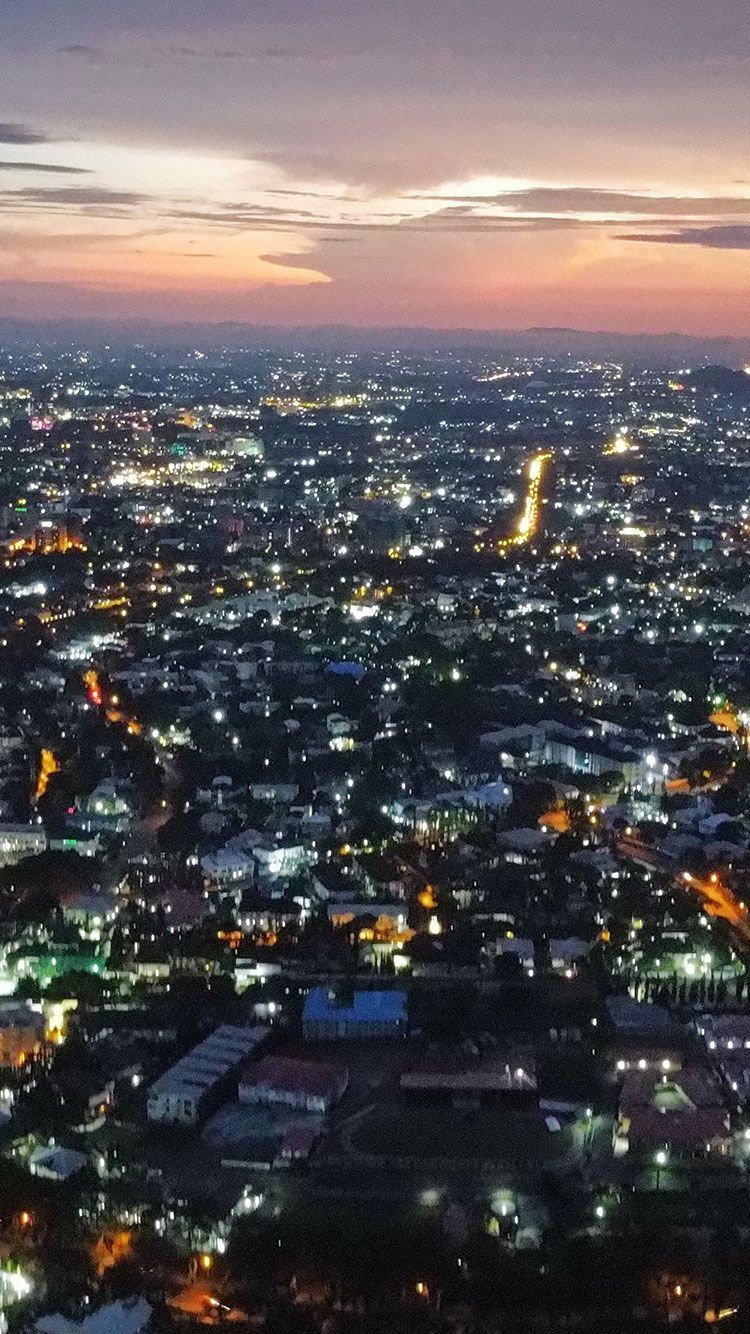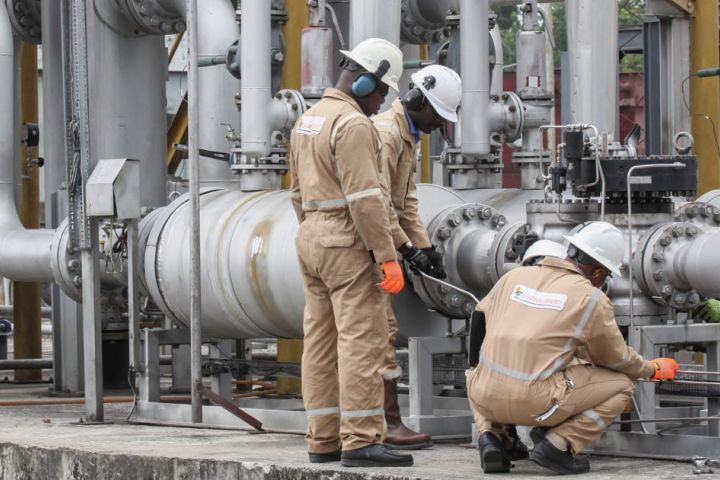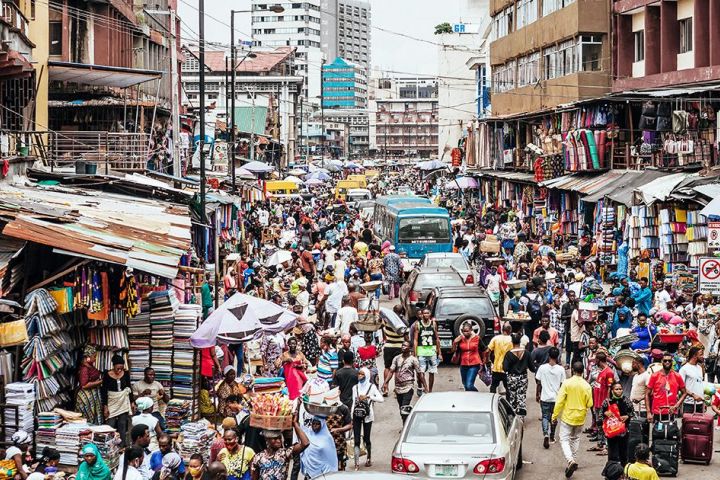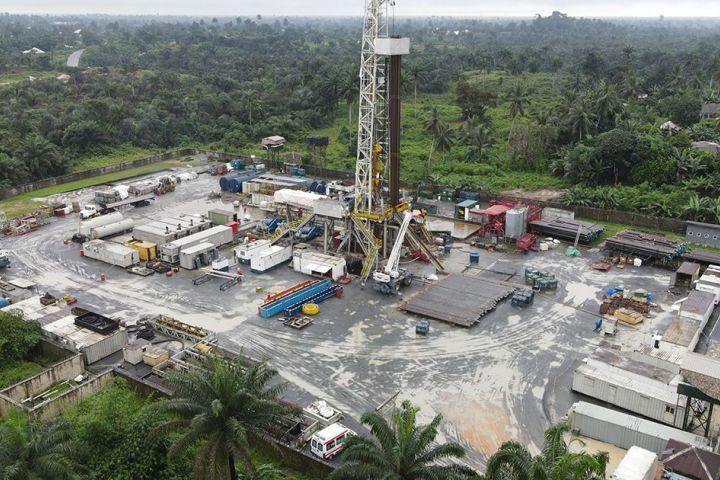A significant gas to power market opportunity
Nigeria has one of the lowest rates of grid-based electricity generation capacity per capita in the world, according to the Federal Government’s Power Sector Recovery Programme Report of April 2017. Nigeria has a population of approximately 222 million1 people with an installed power generation capacity of approximately 13,000 MW2, but with a national electricity grid transmission capacity of 8,500 MW3. However, only approximately 4,500 MW3 is actually dispatched on a daily basis due to combined constraints in gas supply, and electricity transmission and distribution. Nigeria’s actual energy consumption far exceeds this figure, with an estimated demand of around 20,000 MW3. However, a significant portion of this demand is met by decentralised, off-grid sources, primarily diesel-powered generators. This reliance on inefficient and polluting energy sources underscores the need for a transition to cleaner and cheaper alternatives, such as natural gas and renewable energy.
Nigeria’s young population is growing at a rate of 2.5% per annum and is forecast to reach 392 million people in 20508, becoming the world’s fourth most populous country. The population is urbanising rapidly and the country is beset with chronic electricity shortages. Based on the country’s GDP and
global trends, electricity consumption is expected to grow to 90,279 MWh by 20409, approximately 4.5 times higher than it is currently.
Nigeria’s Decade of Gas
On 29 March 2021 the Federal Government of Nigeria formally launched a new initiative declaring 2021 to 2030 as “the Decade of Gas Development for Nigeria”. The mission of the Federal Government of Nigeria (FGN) is to:
- Diversify the nation’s oil and gas industry through the strategic exploitation of its vast and easily developed natural gas resources; and
- Transform Nigeria into an industrialised nation driven by gas through projects and policies such as the Presidential Power Initiative, the National Gas Expansion Programme (NGEP), the Nigerian Gas Transportation Network Code (NGTNC), the Nigerian Gas Flare Commercialisation Programme (NGFCP) and the National Gas Policy (NGP).
1. Source: IMF Datamapper, 2023.
2. Source: Nigerian Electricity Regulatory Commission.
3. Source: Transmission Company of Nigeria (www.nsong.org).



